We analyze the 10 fundamental types of digital marketing strategies, challenges, scopes, how to use each type, and what’s needed for a good digital marketer. By the end of this article, you’ll have a grasp of how these types of digital marketing can help your brand succeed on the internet. Let’s dive into 10 types of digital marketing to unlock their potential for your online journey!
Table of Contents
What is digital marketing?
Digital marketing is like giving your business a voice on the internet. It’s a way to tell people about your products or services using websites, social media, emails, and more. Think of it as talking to your customers online to show them what you have to offer. It’s like hanging a big sign in the digital world saying, “Hey, we’re here, and this is what we can do for you!” Digital marketing helps you connect with people who might be interested in what you’re selling and makes sure they know you exist.
10 types of digital marketing
In this blog, we are talking about 10 different types of digital marketing that are given below,
1. Search Engine Optimization (SEO)
2. Content Marketing
3. Social Media Marketing
4. Email Marketing
5. Pay Per Click (PPC)
6. Affiliate Marketing
7. Influencer marketing
8. Video Marketing
9. Mobile Marketing
10. Remarketing
1. Search Engine Optimization (SEO):

SEO is like an online map that helps your website get found on search engines like Google. It involves using the right words and techniques to make your site show up when people search for things related to your business.
- Advantages:
- Organic Traffic: SEO helps your website rank higher on search engines, driving free, targeted traffic.
- Credibility: High search rankings can establish trust with your audience.
- Long-Term Results: Proper SEO can lead to sustainable results over time.
- Challenges:
- Changing Algorithms: Search engines like Google update their algorithms regularly, impacting your rankings.
- Time-Intensive: SEO can take a while to see significant results.
- Technical Knowledge: It requires an understanding of website structure and content optimization.
for more details about SEO
2. Content Marketing:
Think of content marketing as storytelling. You create interesting articles, videos, and graphics to share with your audience. The goal is to provide helpful and valuable information that keeps people coming back for more.
- Advantages:
- Valuable Content: You can provide valuable information to your audience, positioning your brand as an authority.
- SEO Boost: Quality content can improve your search engine rankings.
- Audience Engagement: Well-crafted content that can keep your audience engaged.
- Challenges:
- Consistency: Maintaining a regular content schedule can be challenging.
- Competition: Many businesses are producing content, so standing out is not easy.
- Time and Effort: Creating high-quality content demands time and effort.
3. Social Media Marketing:
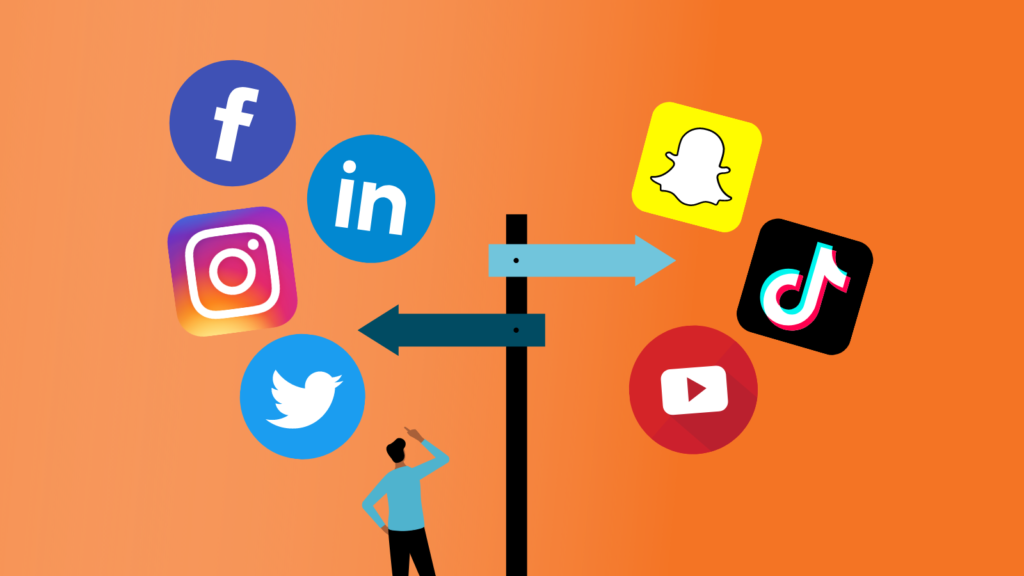
Social media marketing, one of the types of digital marketing, is all about promoting your business on popular social platforms like Facebook, Instagram, and Twitter. In simple terms, it’s using these websites to connect with your audience, share interesting content, and advertise your products or services. By doing this, you can reach a wide range of people and engage with them directly.
It’s like having a conversation with potential customers online, making them aware of your brand and hopefully convincing them to become your customers. Social media marketing is a great way to build relationships and spread the word about your business in the digital world.
- Advantages:
- Widespread Reach: Social media platforms have millions of users, allowing you to reach a vast audience.
- Engagement: You can interact directly with your audience, build relationships and trust.
- Cost-Effective: It’s often cheaper than traditional advertising.
- Challenges:
- Competition: Many businesses use social media, making it a crowded space.
- Constant Updates: Platforms change their algorithms frequently, affecting your visibility.
- Time-Consuming: Managing social media accounts and creating content can be time-intensive.
- Email Marketing:
Email marketing is one of the many types of digital marketing. It’s a powerful way for businesses to connect with their audience. In email marketing, companies send messages directly to people’s inboxes. This message may contain updates, promotions, or valuable information.
It’s a great way to keep customers engaged and informed about your products and services. Plus, it’s cost-effective and can be tailored to suit different audiences. So, in the world of digital marketing, email marketing plays a crucial role in building and maintaining relationships with customers.
- Advantages:
- Direct Communication: You can reach your audience directly in their inbox.
- Personalization: Tailoring emails can increase engagement and conversions.
- Automation: You can automate email campaigns for efficiency.
- Challenges:
- Spam Filters: Emails may end up in spam folders, reducing visibility.
- Opt-Outs: Some subscribers may choose to unsubscribe from your emails.
- Content Relevance: Ensuring that your emails are relevant to each recipient can be a challenge.
5. Pay-Per-Click (PPC) Advertising:

With PPC ads, you pay a small fee whenever someone clicks on your online ad. These ads can show up on Google, social media, and other websites. It’s a quick way to get people to visit your site.
- Advantages:
- Targeted Ads: You can reach a specific audience based on keywords and demographics.
- Fast Results: PPC can drive traffic and leads quickly.
- Control Budget: You have control over your advertising spending.
- Challenges:
- Cost: Bidding for keywords can become expensive.
- Click Fraud: Some clicks may be invalid, costing you money.
- Constant Monitoring: Effective PPC campaigns require ongoing monitoring and adjustments.
6. Affiliate Marketing:
This is like having a team of online salespeople. You reward partners who promote your products and services and help bring in customers. They get a share of the profits from the sales they generate.
High ROI for relatively low costs.
Direct communication with your audience.
Excellent at nurturing leads.
Challenges:
Risk of ending up in spam folders.
May annoy recipients if overdone.
for further details about Affiliate marketing.
7. Influencer Marketing:
In influencer marketing, which is a type of digital marketing, businesses partner with popular individuals or online personalities (influencers) to promote their products or services. These influencers have a significant following on social media platforms, and their recommendations and endorsements can reach a large and engaged audience. They create content, like posts, videos, or reviews, that feature the brand’s offerings, which can be more relatable and trustworthy to their followers. This type of marketing leverages the influencer’s credibility to increase brand awareness and potentially drive sales, making it an effective strategy in the ever-evolving landscape of digital marketing.
Advantages:
Reaches highly engaged audiences.
Capitalise on influencer trust.
Can quickly build brand awareness.
Challenges:
Finding the right influencer can be challenging.
Costs can be high with well-known influencers.
8. Video Marketing:
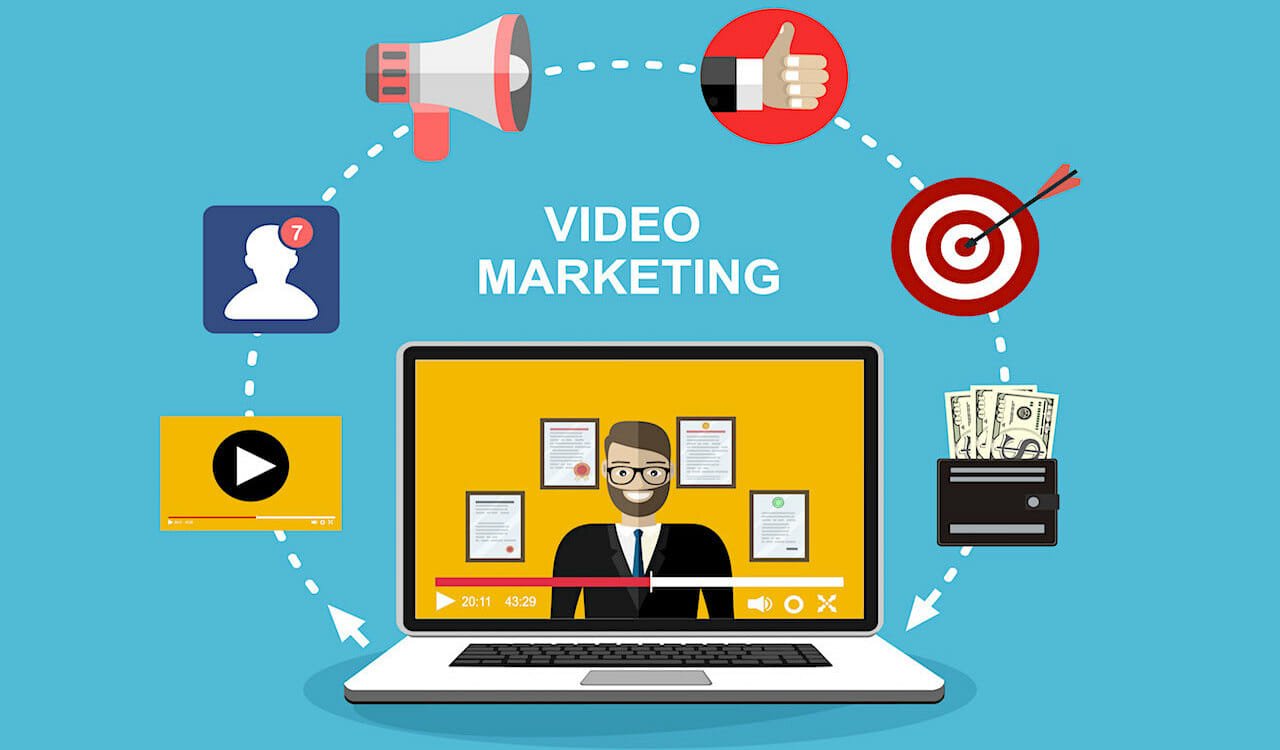
Video marketing is a popular form of digital marketing. It involves creating and sharing videos to reach and engage with an audience online. These videos can be used for various purposes, like promoting products, explaining services, or sharing informative content. With the growth of platforms like YouTube and social media, video marketing has become an essential tool for businesses to connect with their target audience in a visually compelling and memorable way. It’s an effective type of digital marketing that can help brands stand out and make a lasting impression in the crowded online world.
Advantages:
Engage users and convey messages effectively.
Boost social media and website traffic.
Great for explaining complex topics.
Challenges:
Requires time and resources to produce.
You may not reach your target audience.
9. Mobile Marketing:
This is all about connecting with people on their mobile devices. This includes making sure your website works well on phones and using mobile apps and text messages to reach customers.
Advantages:
Reaches users on their preferred devices.
Can utilize location-based targeting.
Ideal for on-the-go promotions.
Challenges:
Design and optimization of mobile phones can be tricky.
Users might find mobile ads intrusive.
10. Remarketing:
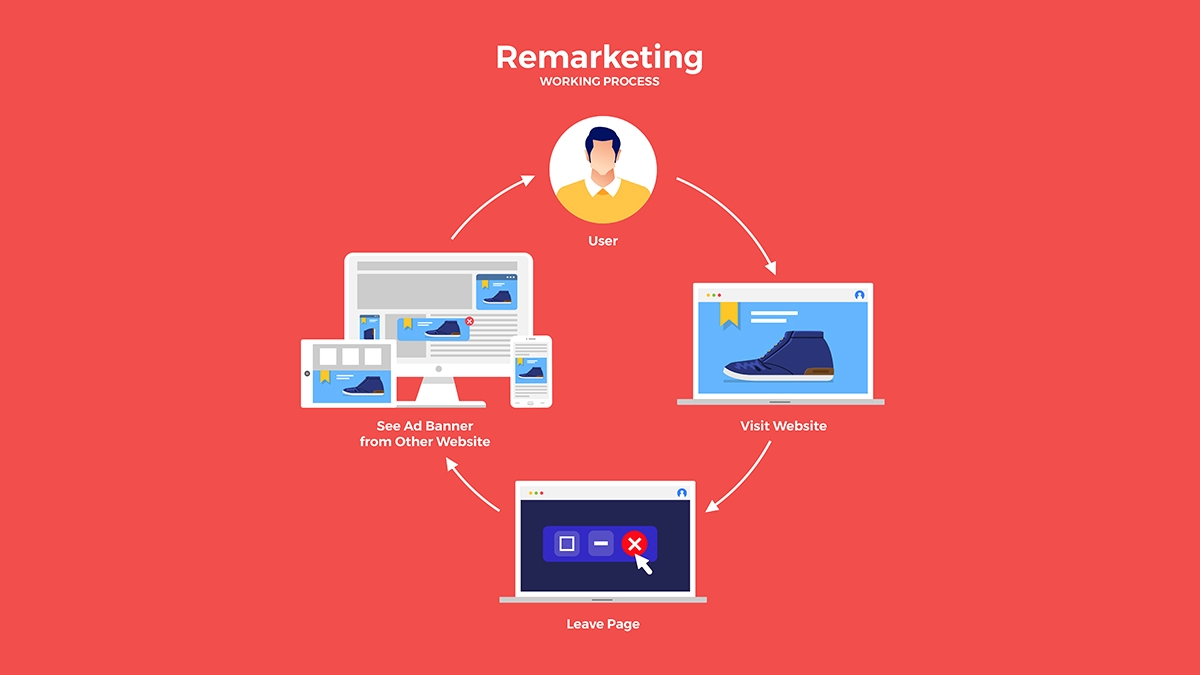
Remarketing is like when you see ads for things you were interested in but didn’t buy. Imagine you visit a website to check out some cool shoes but decide not to buy them. Later, when you’re browsing other websites or social media, you start seeing ads for those exact shoes. It’s remarketing! It’s a way for businesses to remind you about things you like and encourage you to come back and make a purchase. So, don’t be surprised if those shoes you were eyeing keep popping up to say, “Hey, remember me? You know you want to buy me!”
Advantages:
Re-engage potential customers.
Targets warm leads who have shown interest.
Can improve conversion rates.
Challenges:
May come across as too persistent.
Ad fatigue can be a concern.
The scope of different types of digital marketing:

The scope of different types of digital marketing is huge and continually developing in today’s digital age. Digital marketing is all about promoting products or services using digital channels and technologies. There are various types of digital marketing, each with its unique strengths and strategies. Two primary types of digital marketing include Search Engine Optimization (SEO) and Social Media Marketing.
SEO plays a key role in digital marketing, aiming to optimize a website’s visibility on search engines like Google. With the majority of people turning to search engines for information, the potential for businesses to reach their target audience through SEO is massive. This type of digital marketing involves on-page and off-page optimization techniques, including keyword research, content creation, and link building, to ensure that a website ranks higher in search results.
Social Media Marketing, on the other hand, leverages the power of social media platforms like Facebook, Instagram, Twitter, and LinkedIn to connect with the audience. It enables businesses to engage with customers, share content, and build brand awareness. Through creative and targeted content, businesses can create a strong online presence and connect with potential customers on these platforms.
Apart from SEO and Social Media Marketing, there are several other types of digital marketing, such as Content Marketing, Email Marketing, Pay-Per-Click (PPC) Advertising, Affiliate Marketing, and more. Each type caters to specific goals and audience segments.
How to use different types of digital marketing:
Different types of digital marketing are incredibly important for your business because they allow you to reach and engage with your audience in the online world. There are various types of digital marketing, and each plays a unique role in boosting your online presence.
Social media marketing, one of the essential types of digital marketing, lets you connect with your customers on platforms like Facebook, Instagram, and Twitter.
Email marketing, another powerful type, enables you to send personalized messages directly to your customers’ email inboxes, keeping them informed and engaged.
Search engine optimization (SEO) is vital among these types of digital marketing as it helps your website appear higher in search results, ensuring that potential customers can easily find you. Content marketing, yet another critical type, involves creating valuable content like articles and videos to attract and inform your audience, establishing your business as an authority in your industry.
Pay-per-click advertising (PPC) is also among the significant types of digital marketing, allowing you to pay for visibility in search results and on various websites. By effectively utilizing these types of digital marketing, you can raise awareness about your business, connect with your target audience, and ultimately grow your business online. These types of digital marketing serve as essential tools in your digital marketing toolbox, paving the way for your business’s success in the online world.
What’s needed for a good digital marketer:
A good digital marketer needs a variety of skills to excel in the ever-evolving online landscape. First and foremost, they must have a deep understanding of the internet and how it works. This means knowing how websites, social media platforms, and search engines function. They should be able to analyze data to track the success of online campaigns, so being data-savvy is crucial.
Communication skills are also key. A good digital marketer needs to be able to convey their ideas clearly, whether in writing or speaking. They should understand their target audience and be able to create content that appeals to them. Creativity plays a big role here, as they must come up with engaging and eye-catching content.
Search engine optimization is another vital skill. It involves making sure websites and content appear high in search engine results, helping people find what they’re looking for. Social media expertise is important too, as it’s a major way to connect with customers. Being familiar with advertising platforms like Google Ads and Facebook Ads is essential for paid marketing efforts.
Adaptability is a must in the digital marketing world since trends and technologies change quickly. Problem-solving skills come in handy when things don’t go as planned. Finally, a strong dose of patience and perseverance is needed because success in digital marketing often takes time. So, in simple terms, a good digital marketer needs to understand the internet, communicate well, be creative, know SEO, social media, and advertising, adapt to change, solve problems, and stay patient and persistent.
conclusion:
the world of online promotion is vast, and understanding the various types of digital marketing is key to success. We’ve explored a range of strategies, from SEO to social media marketing, and each plays a unique role in reaching your audience. By harnessing the power of these types of digital marketing, you can connect with your target customers and propel your business to new heights. So, whether you’re a small startup or a well-established brand, remember that mastering the art of types of digital marketing is your ticket to online success.
Author-Hiba
Learner of DigiSkillz, Digital Marketing Institute in Kochi.


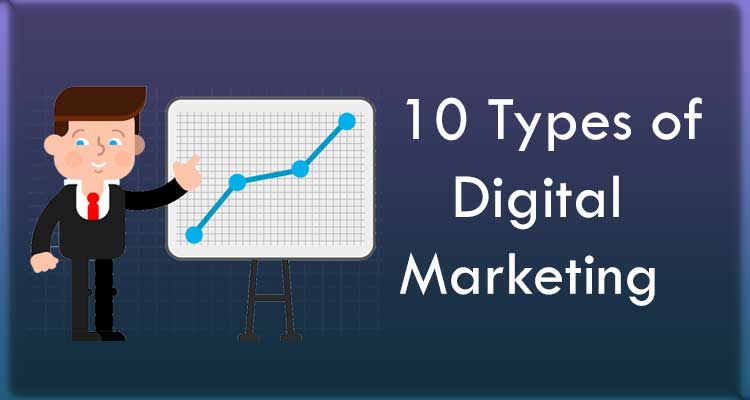


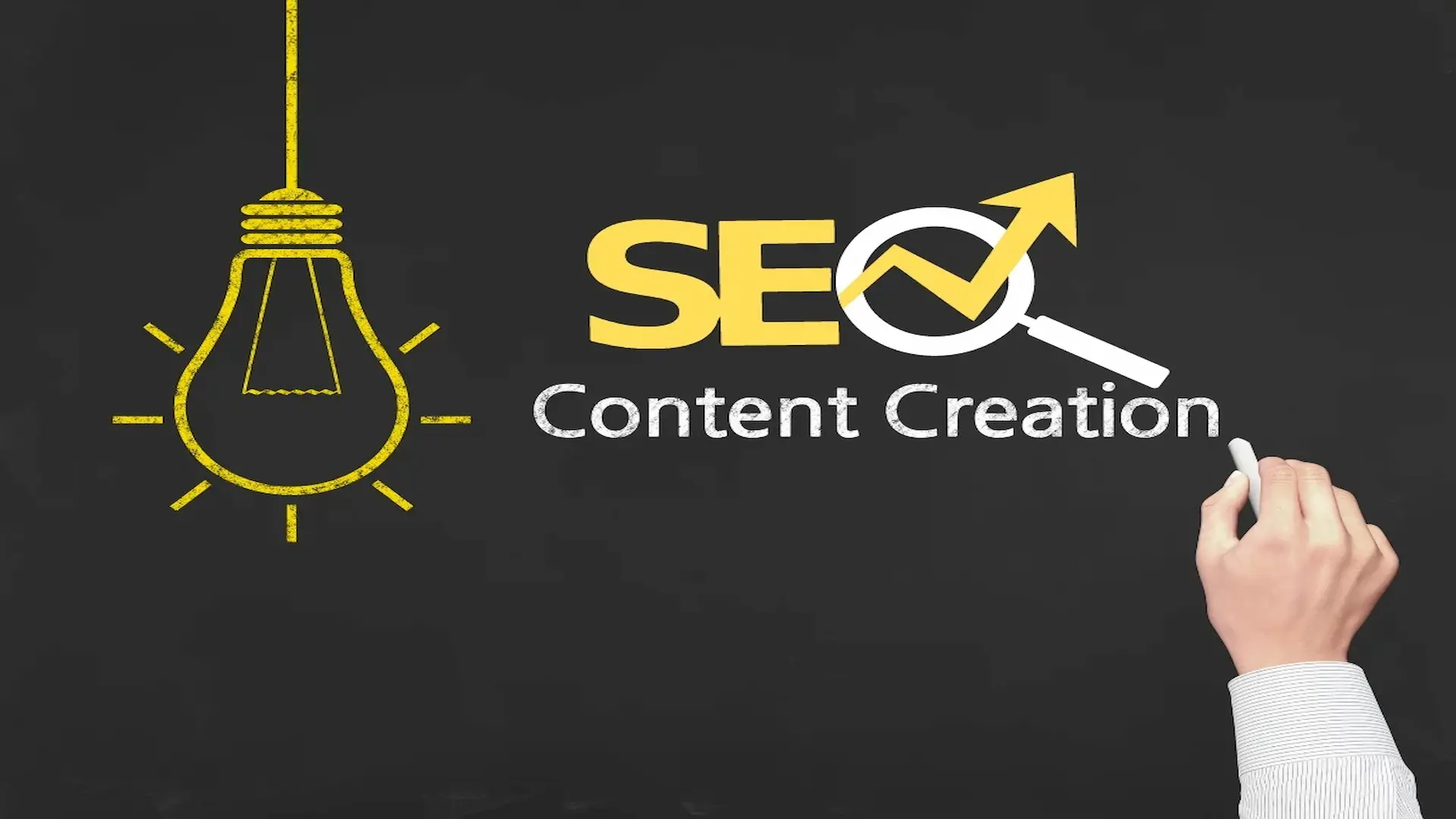

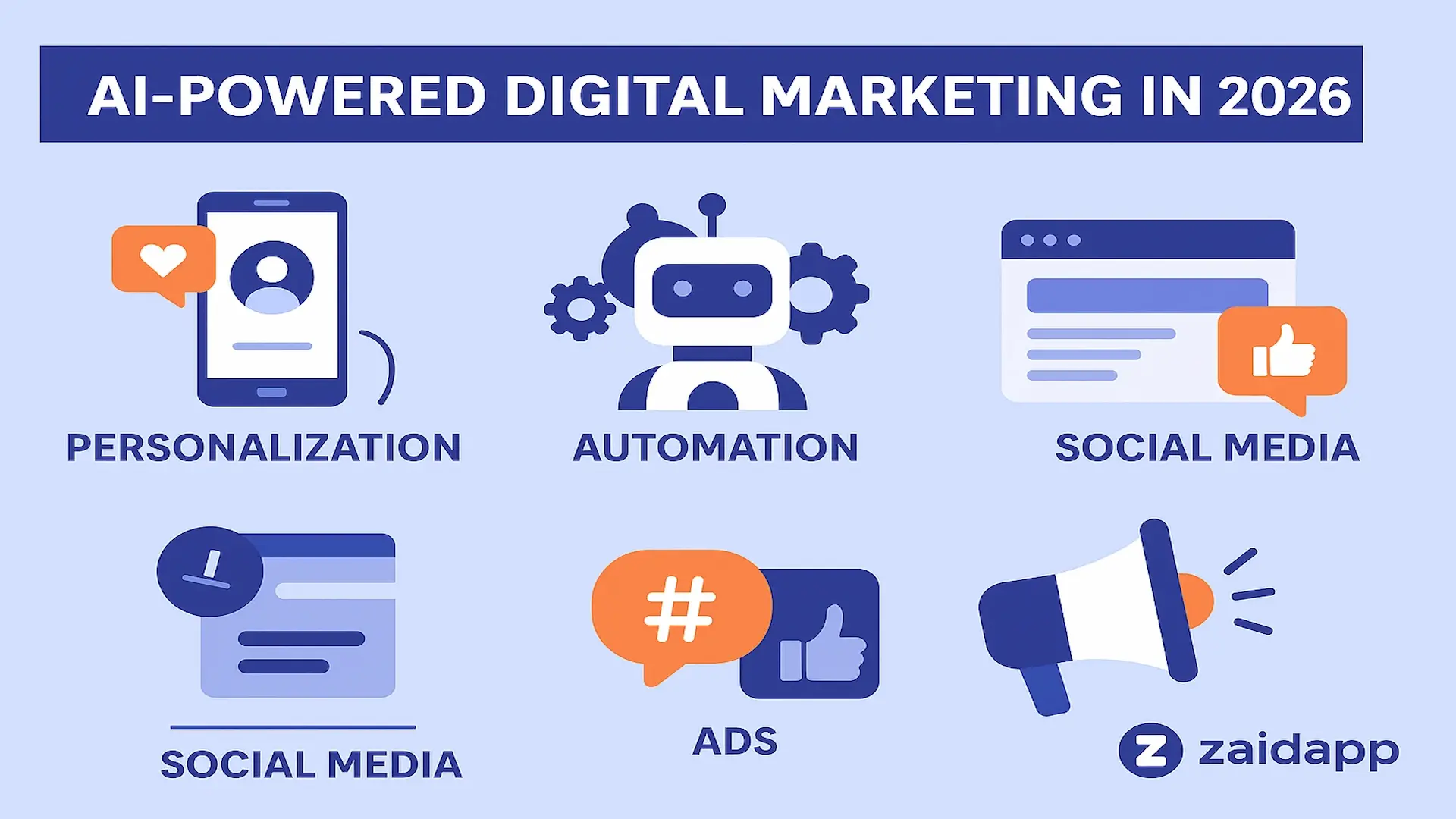
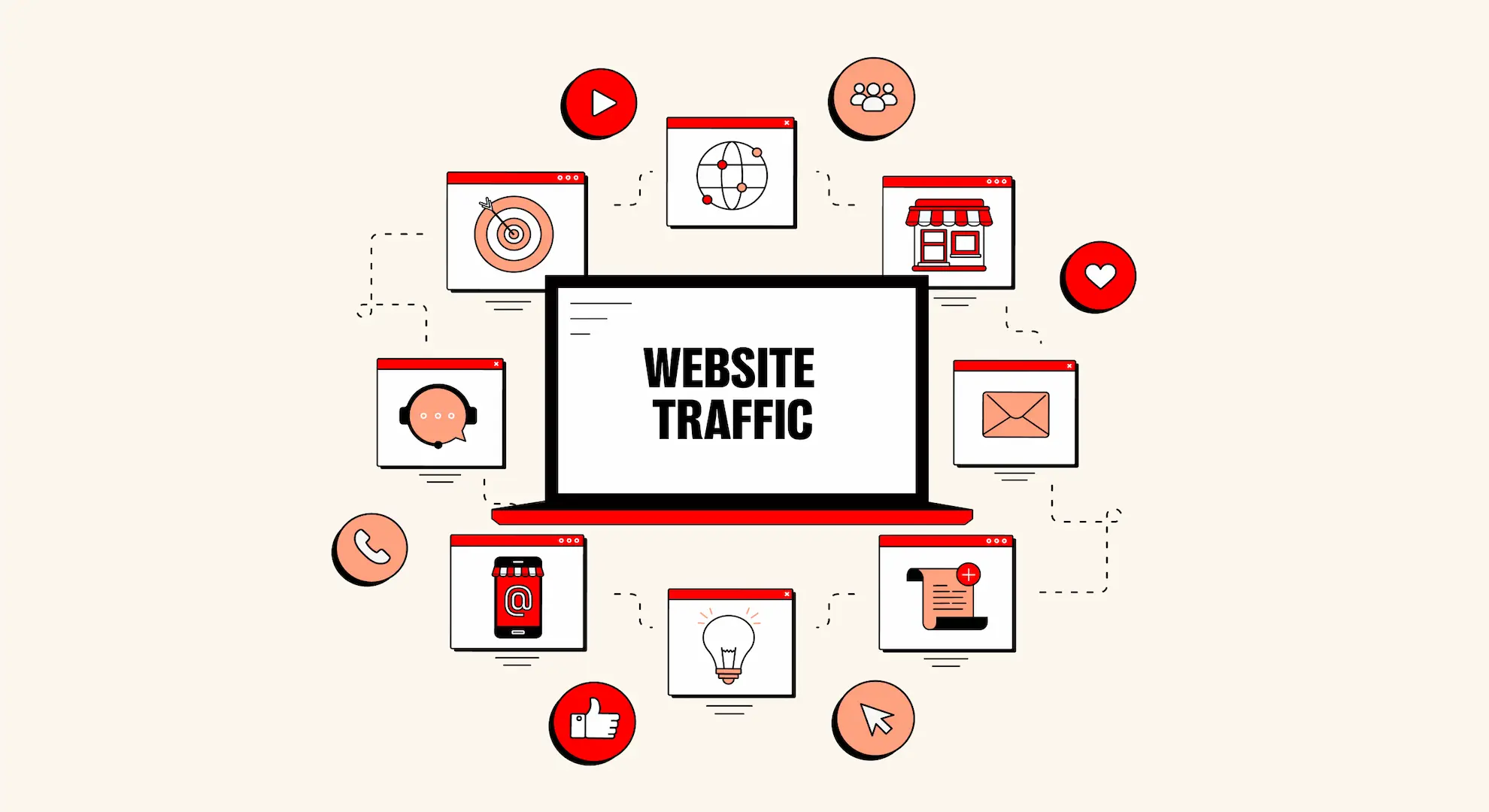
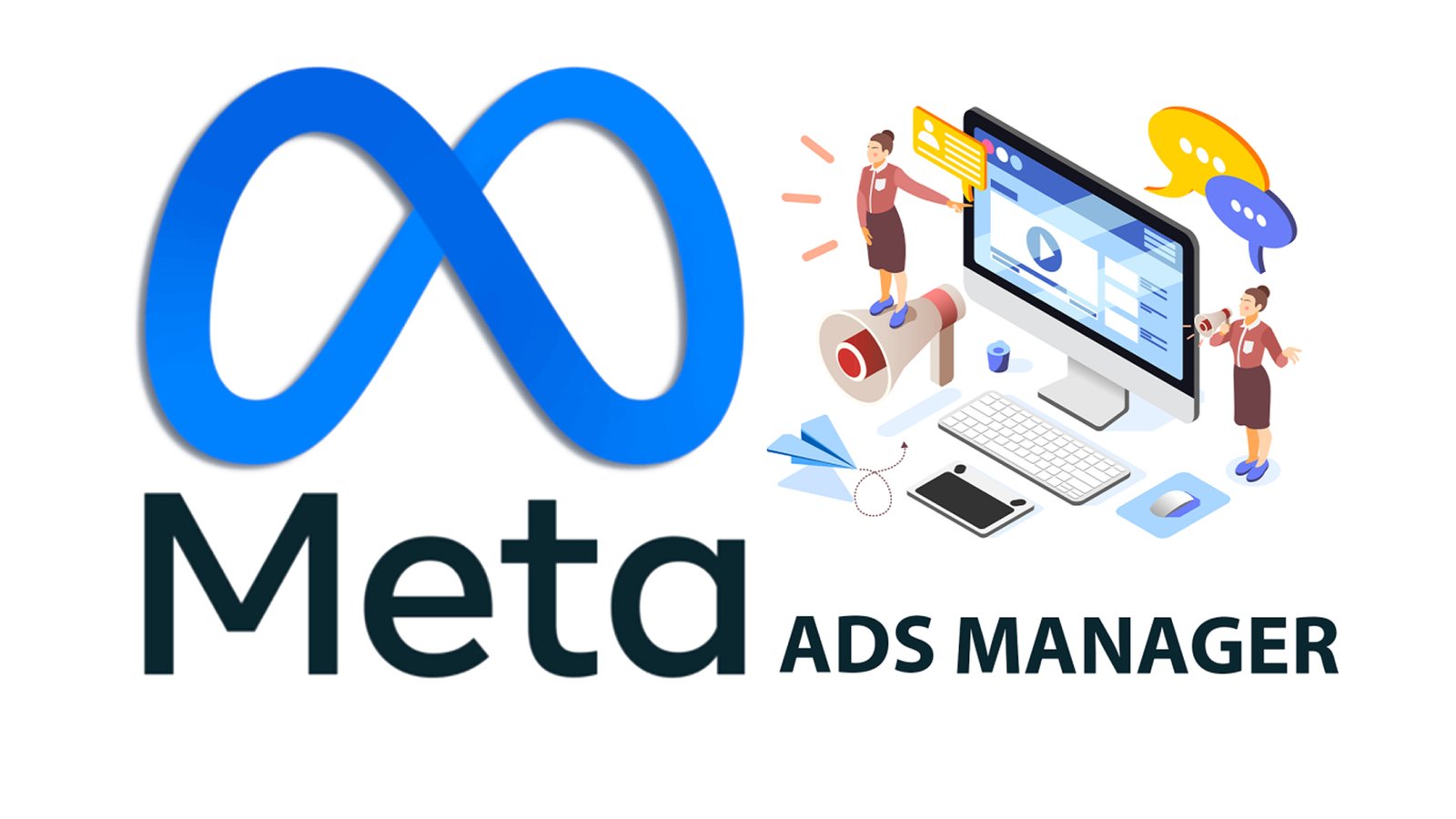
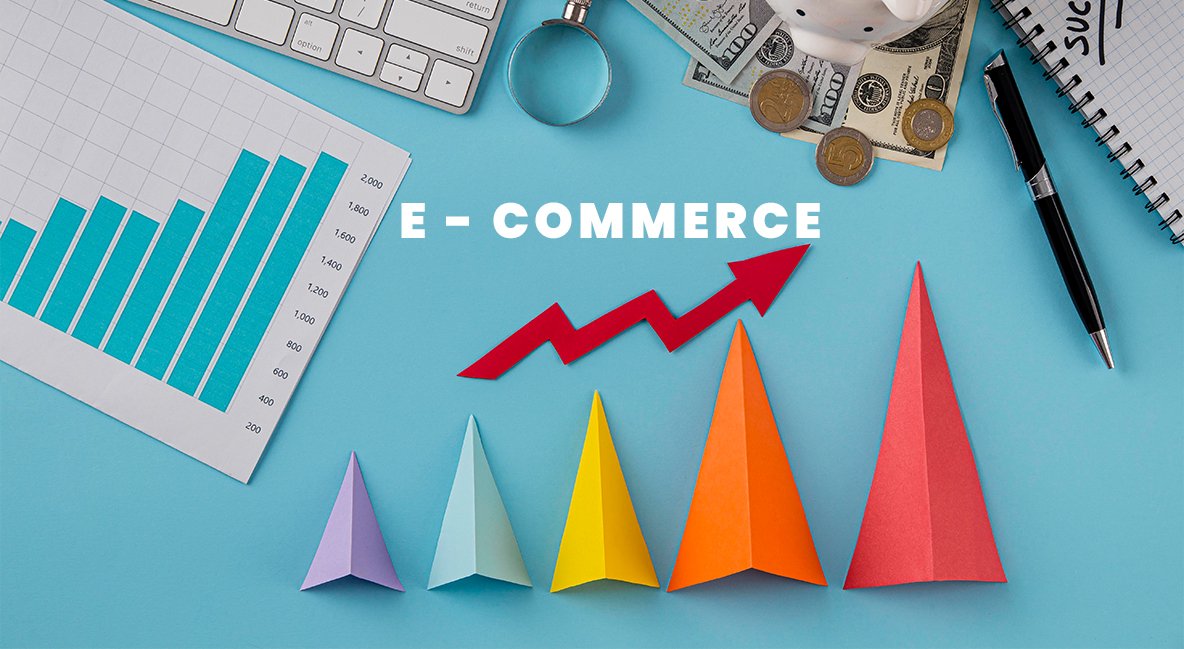
Leave A Comment